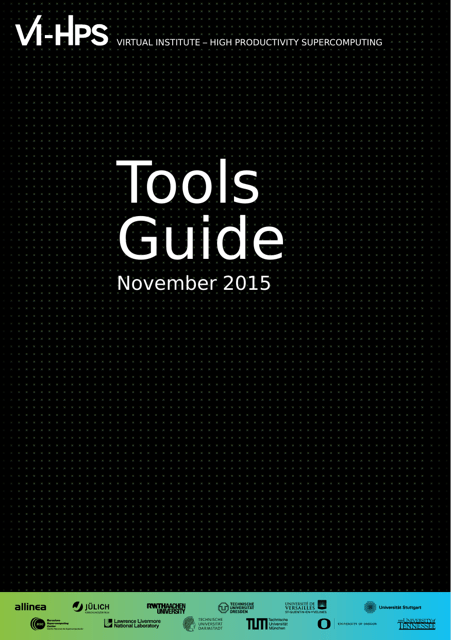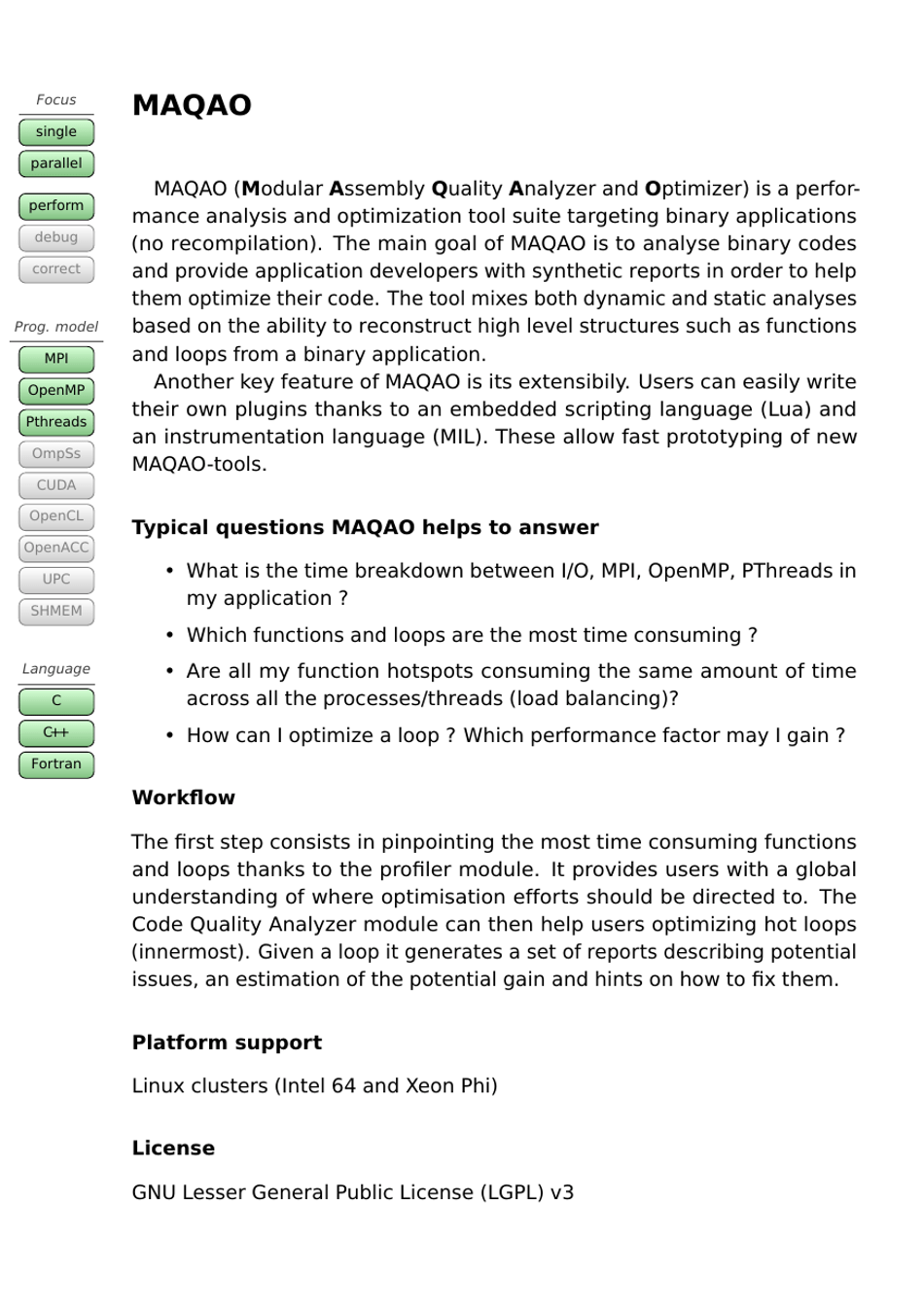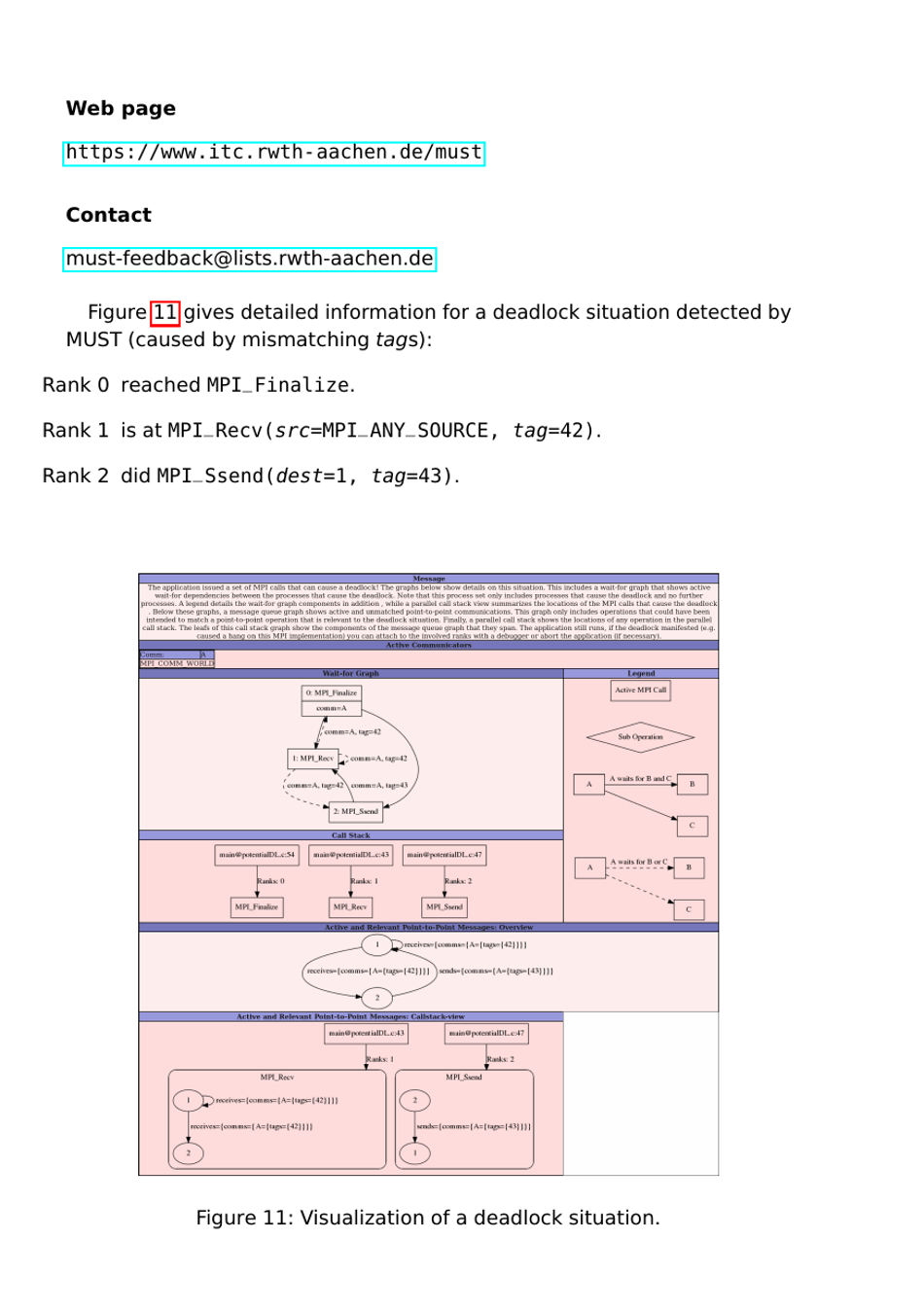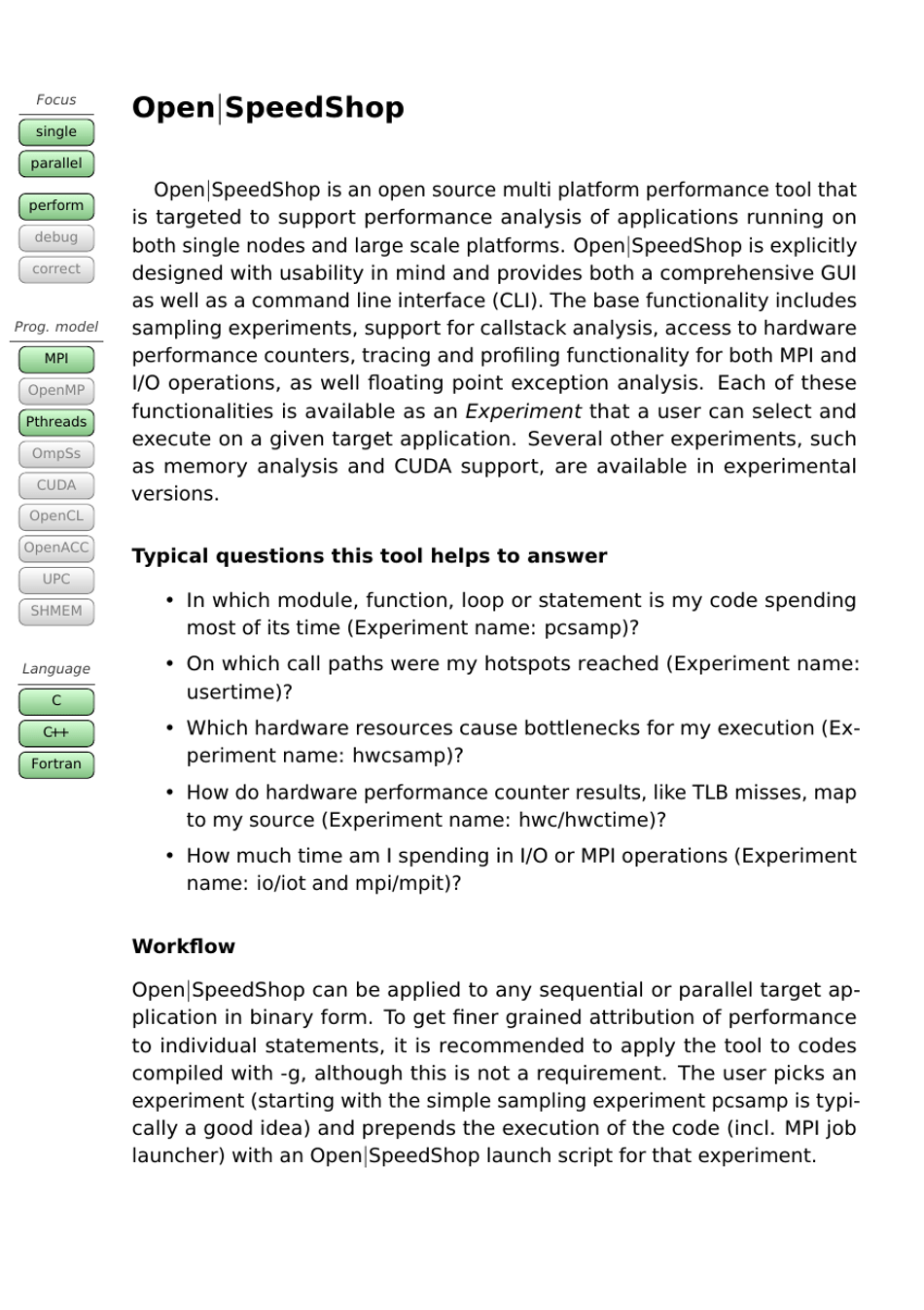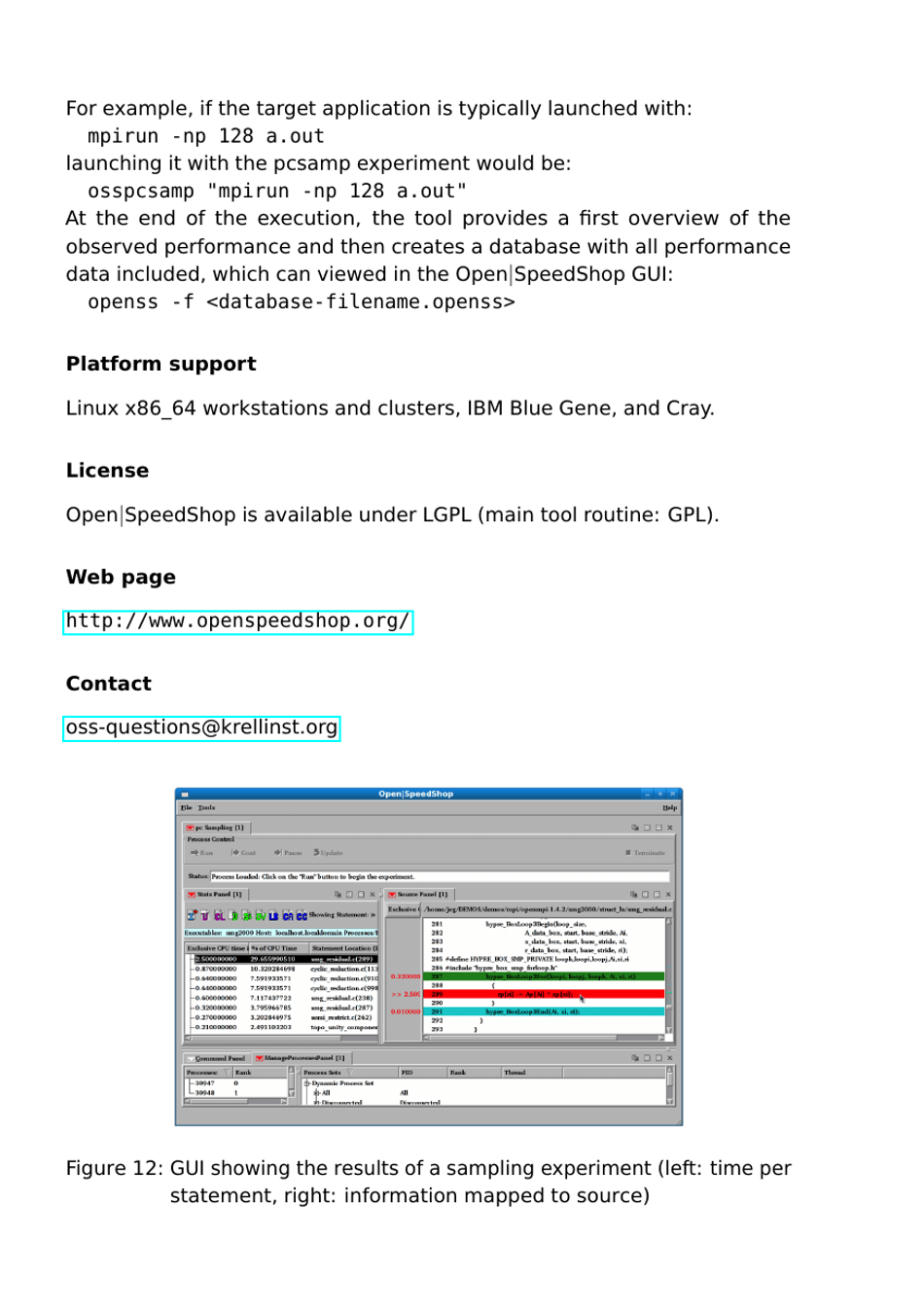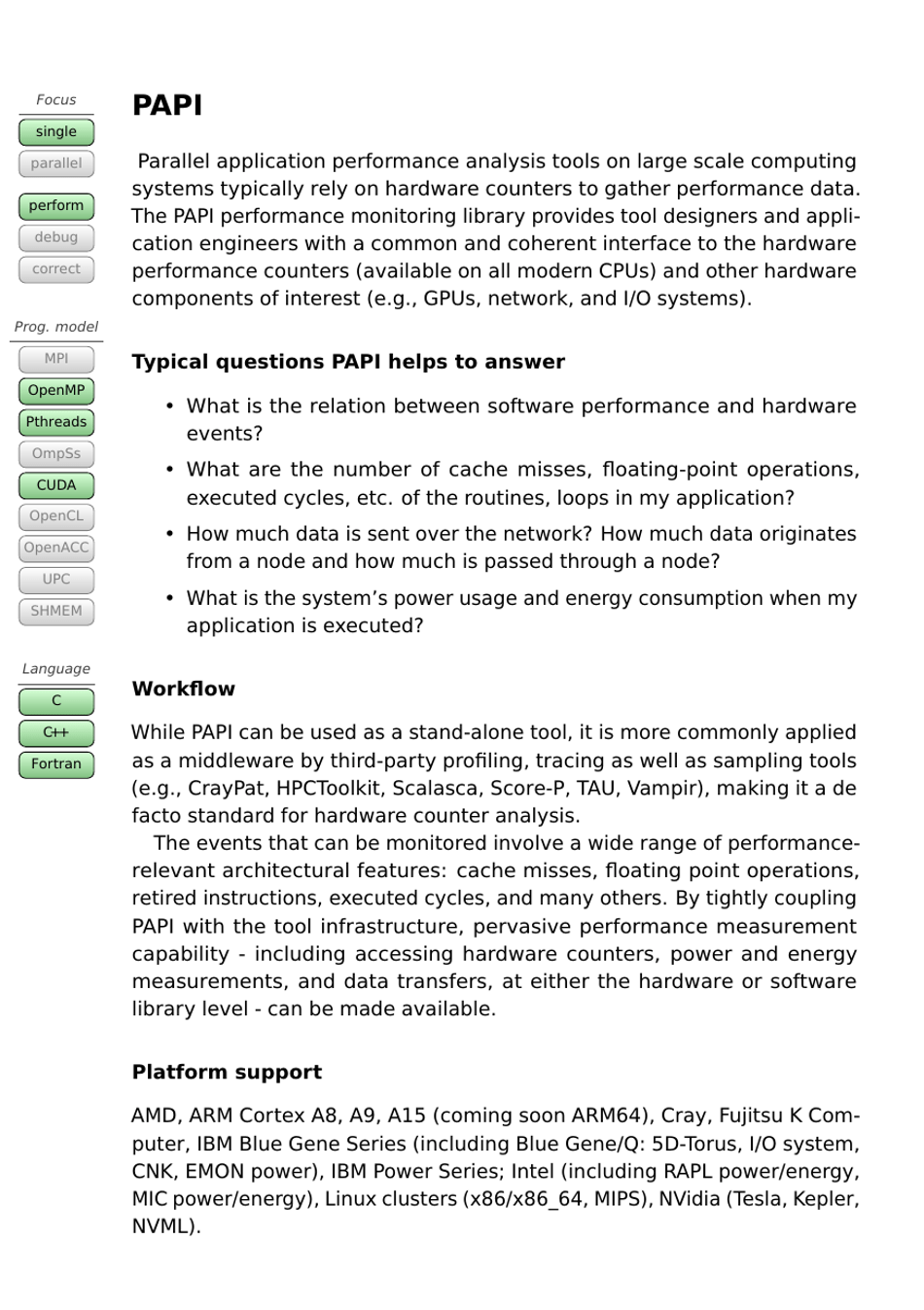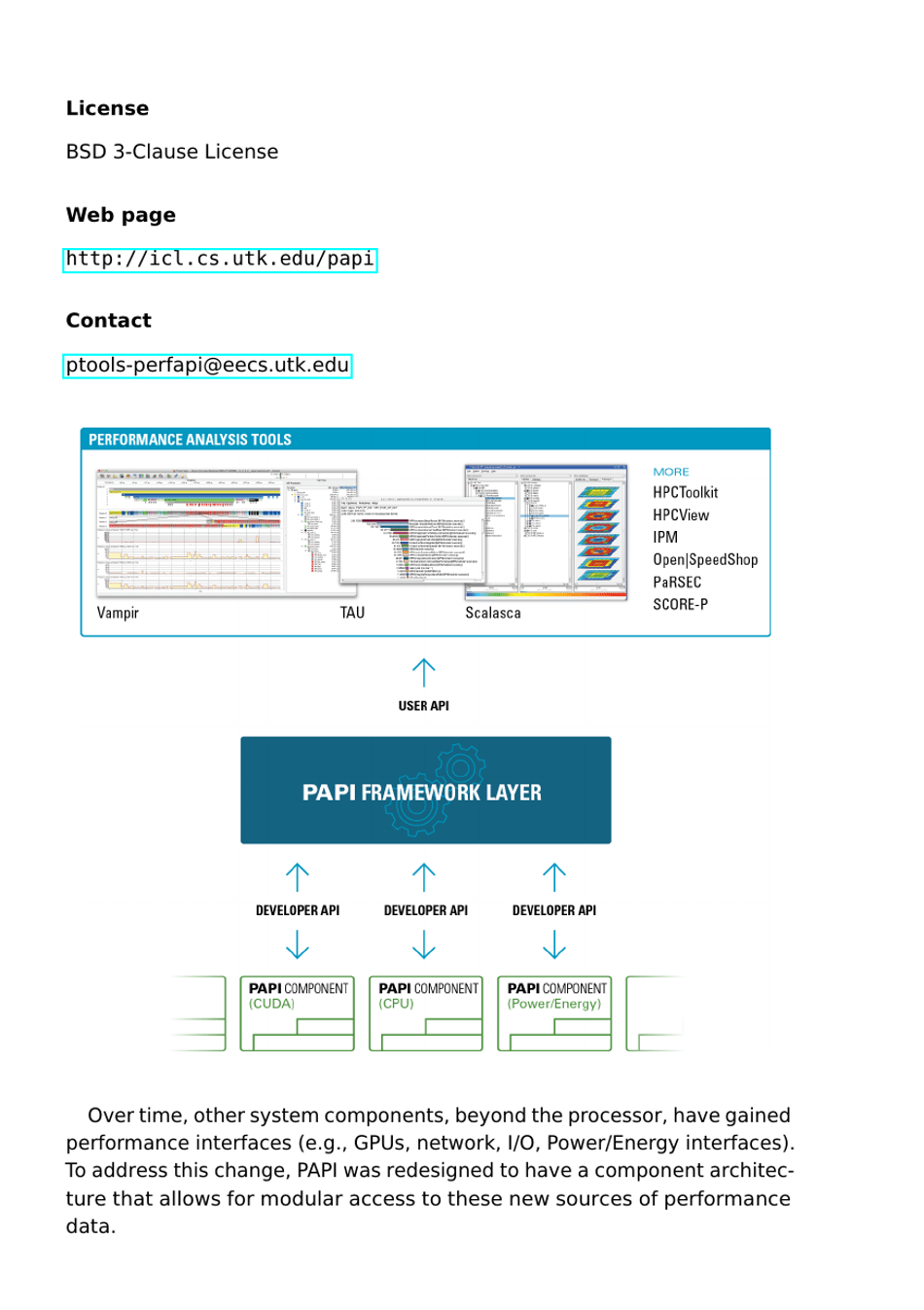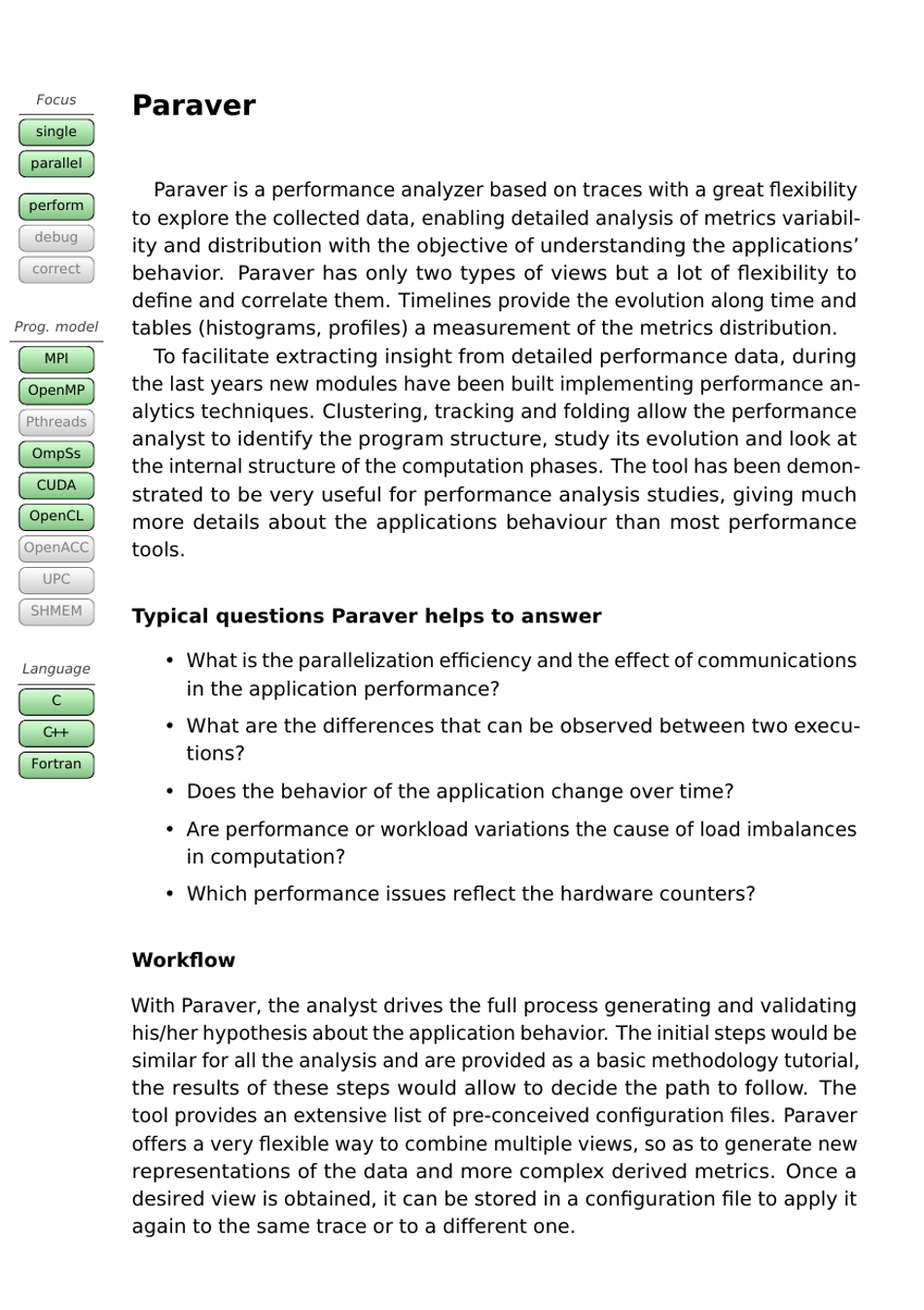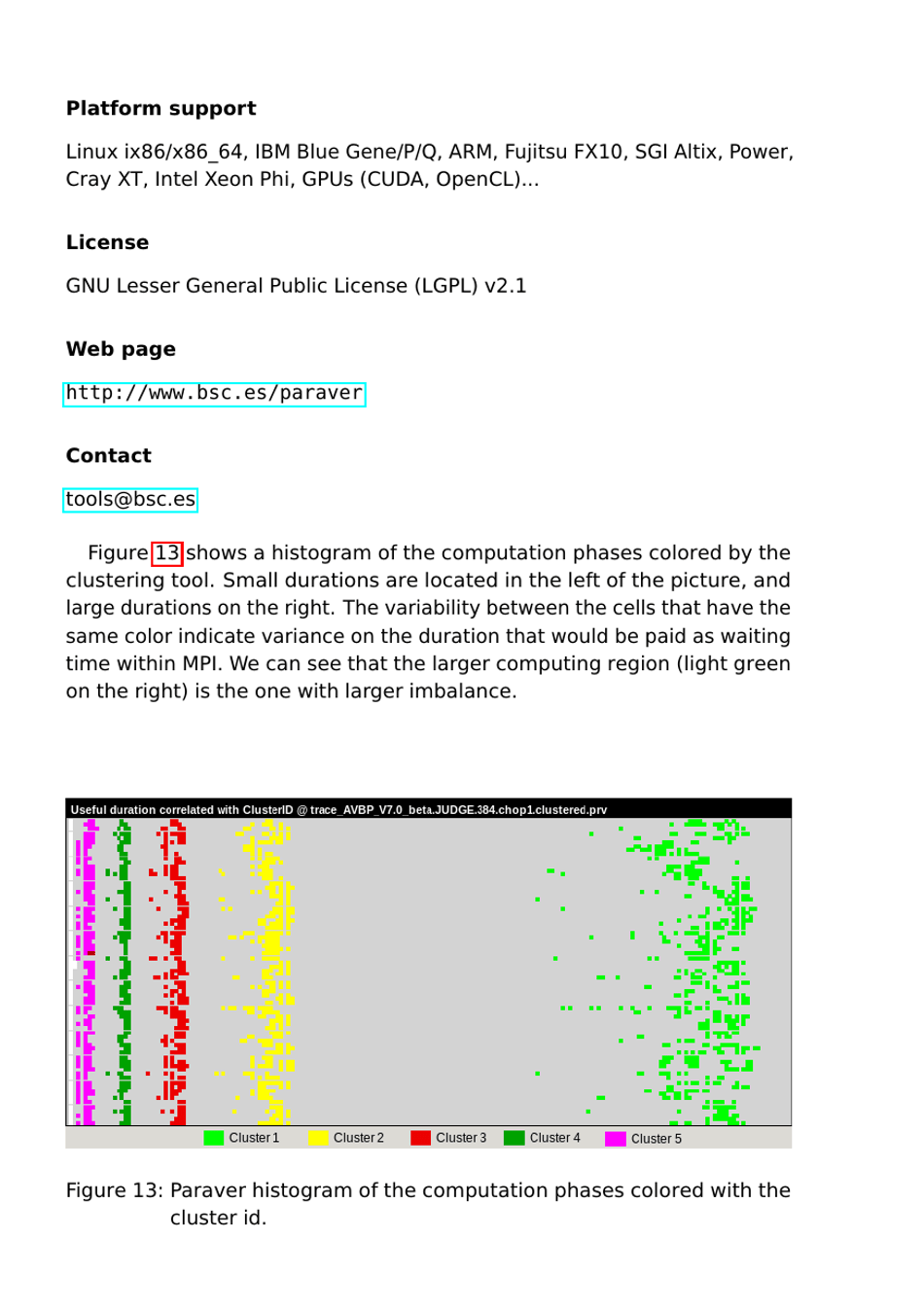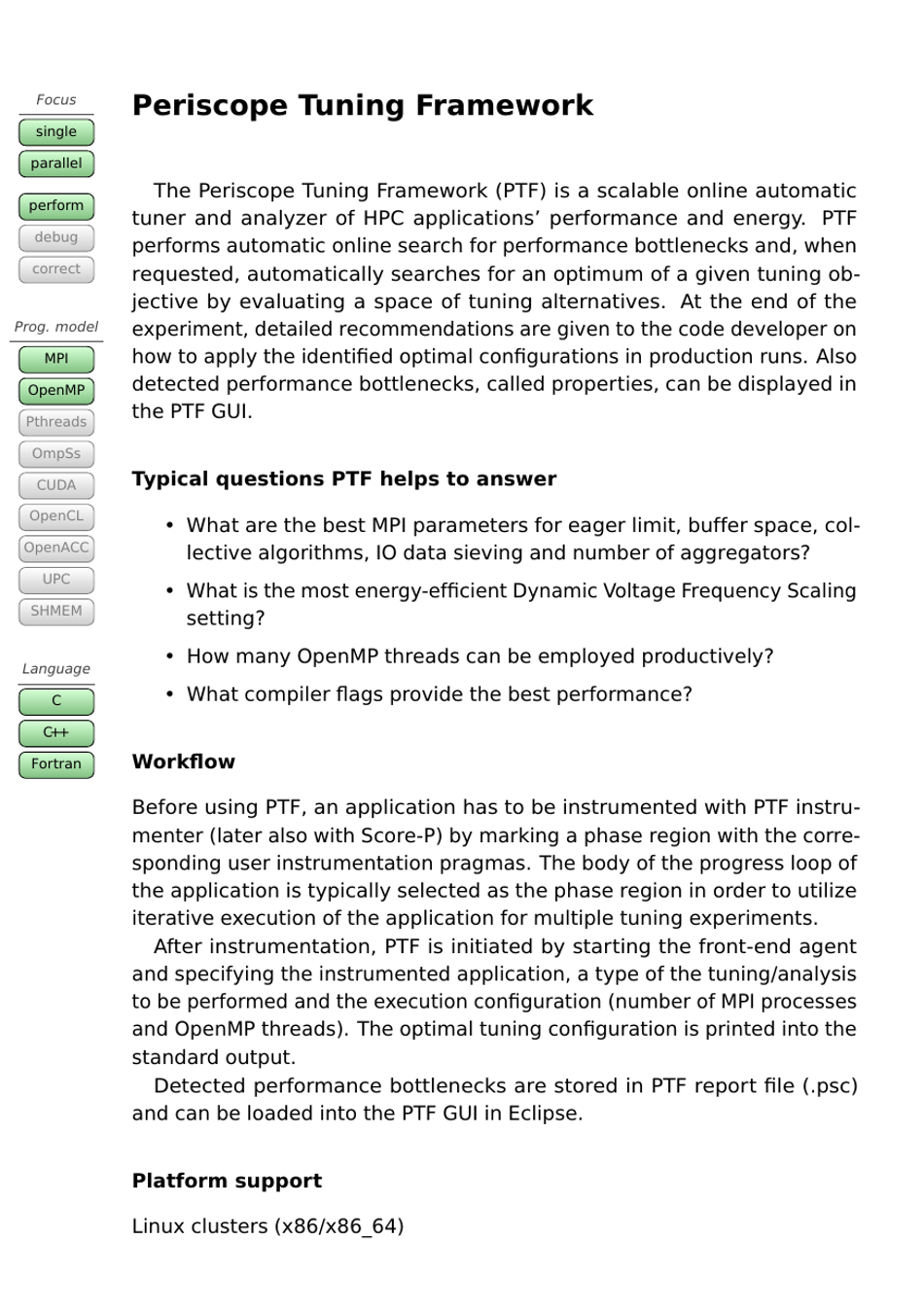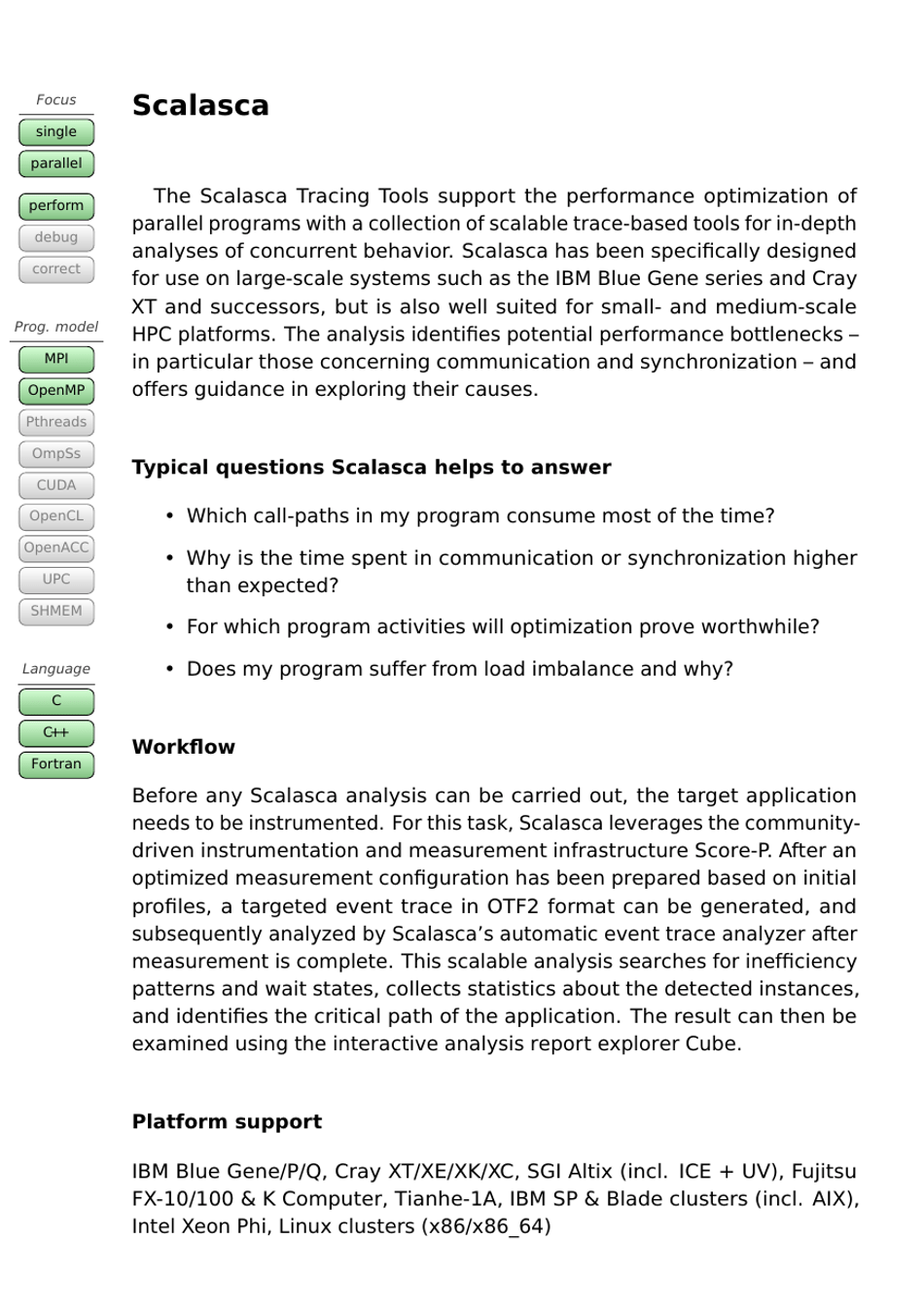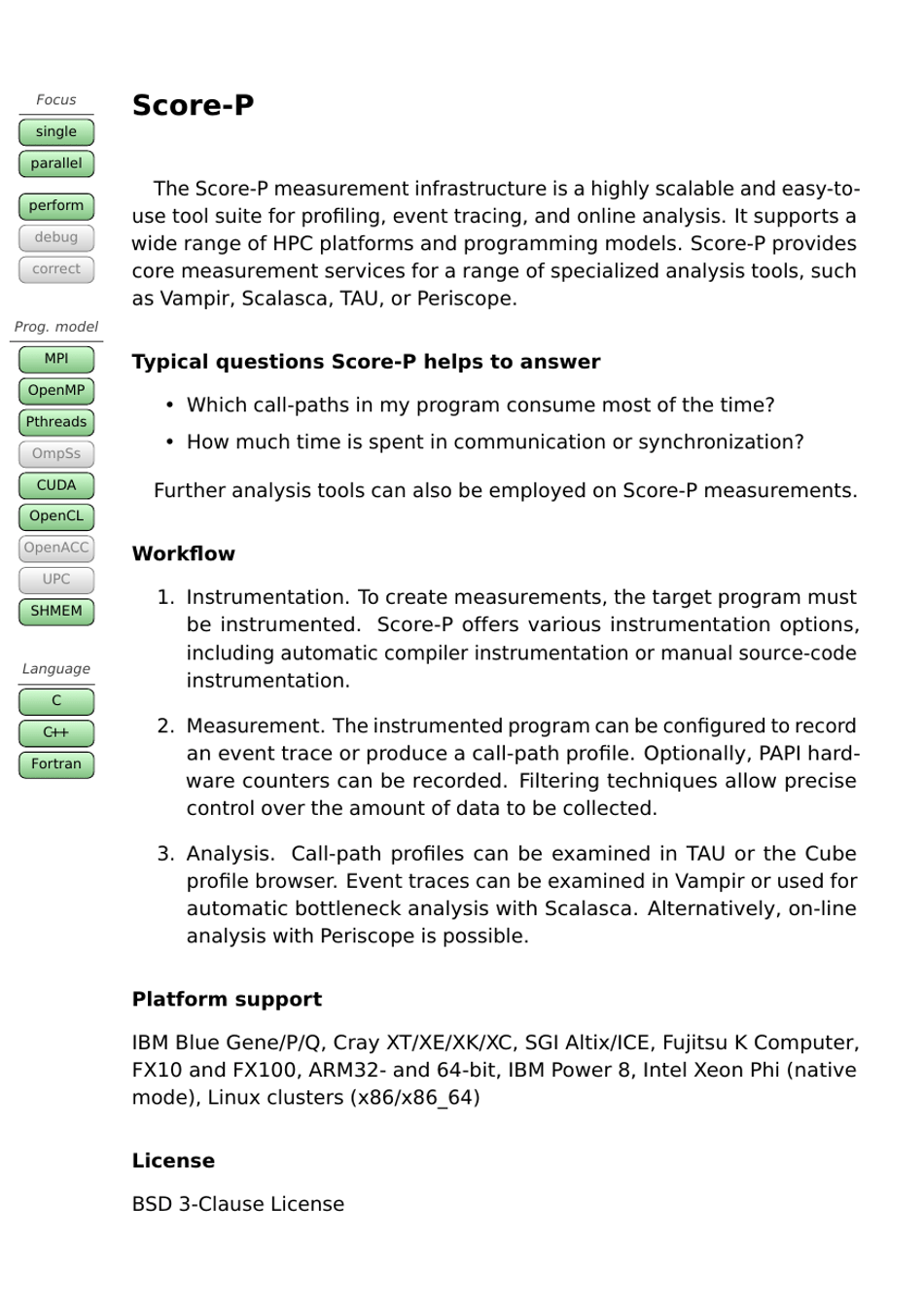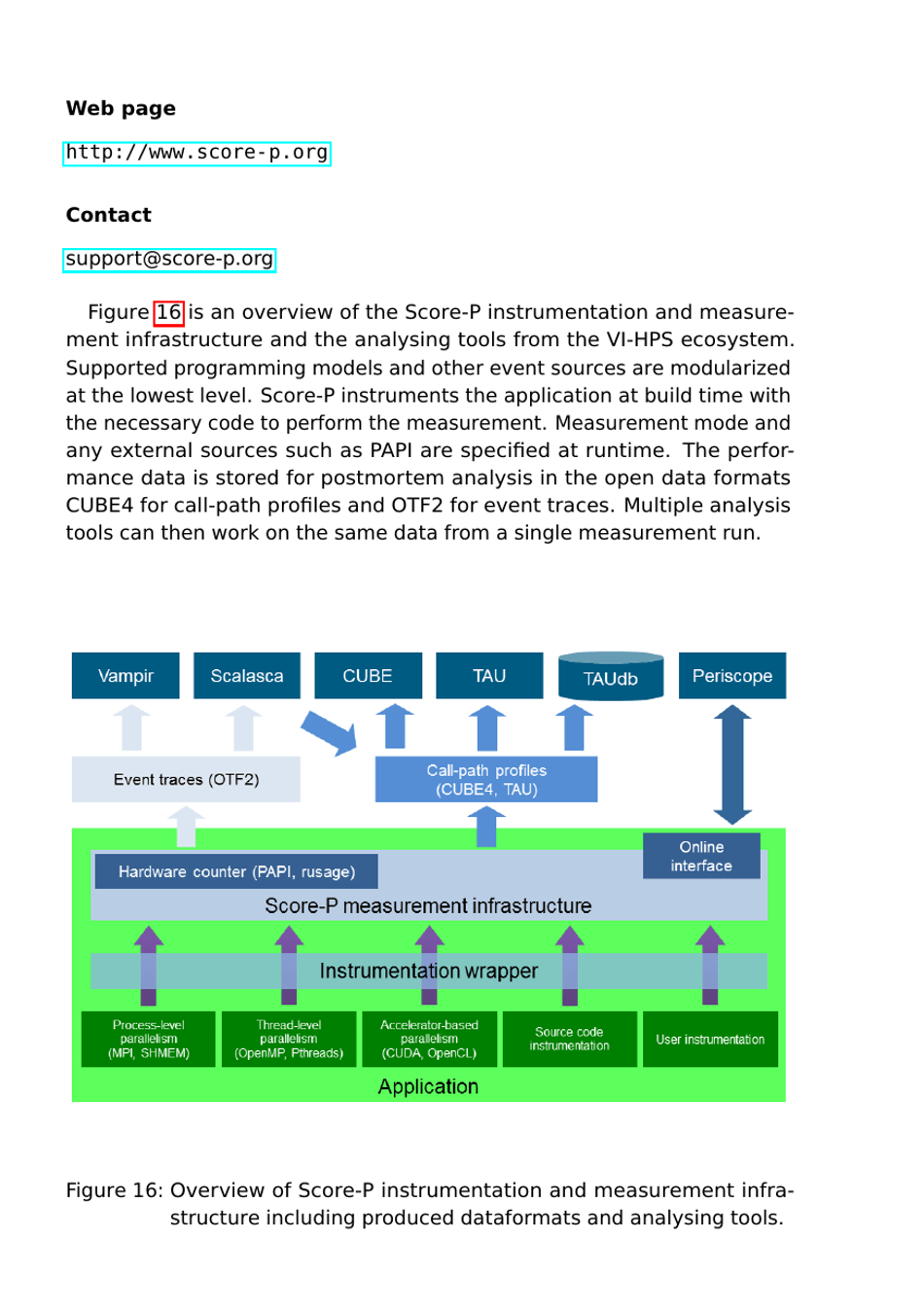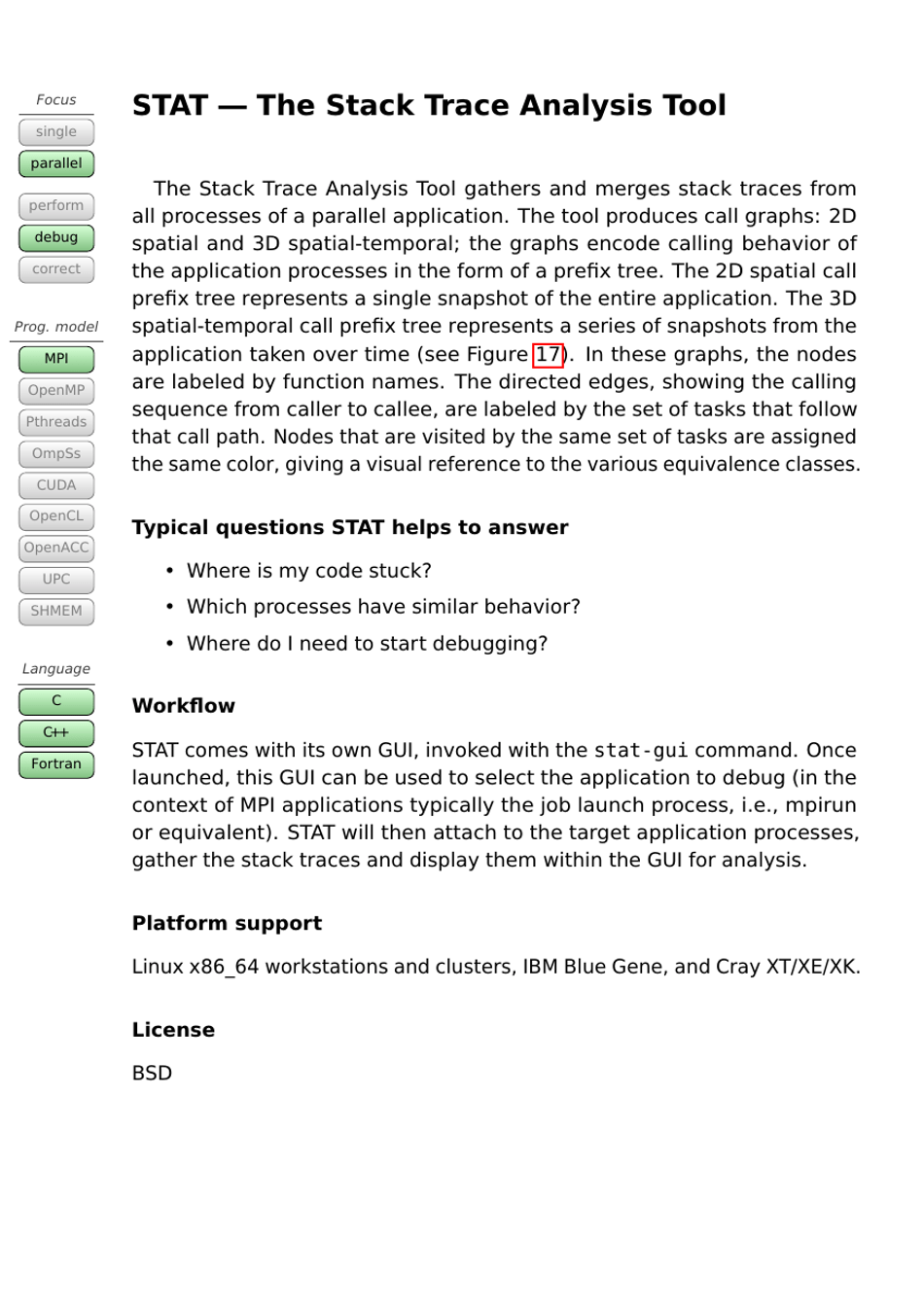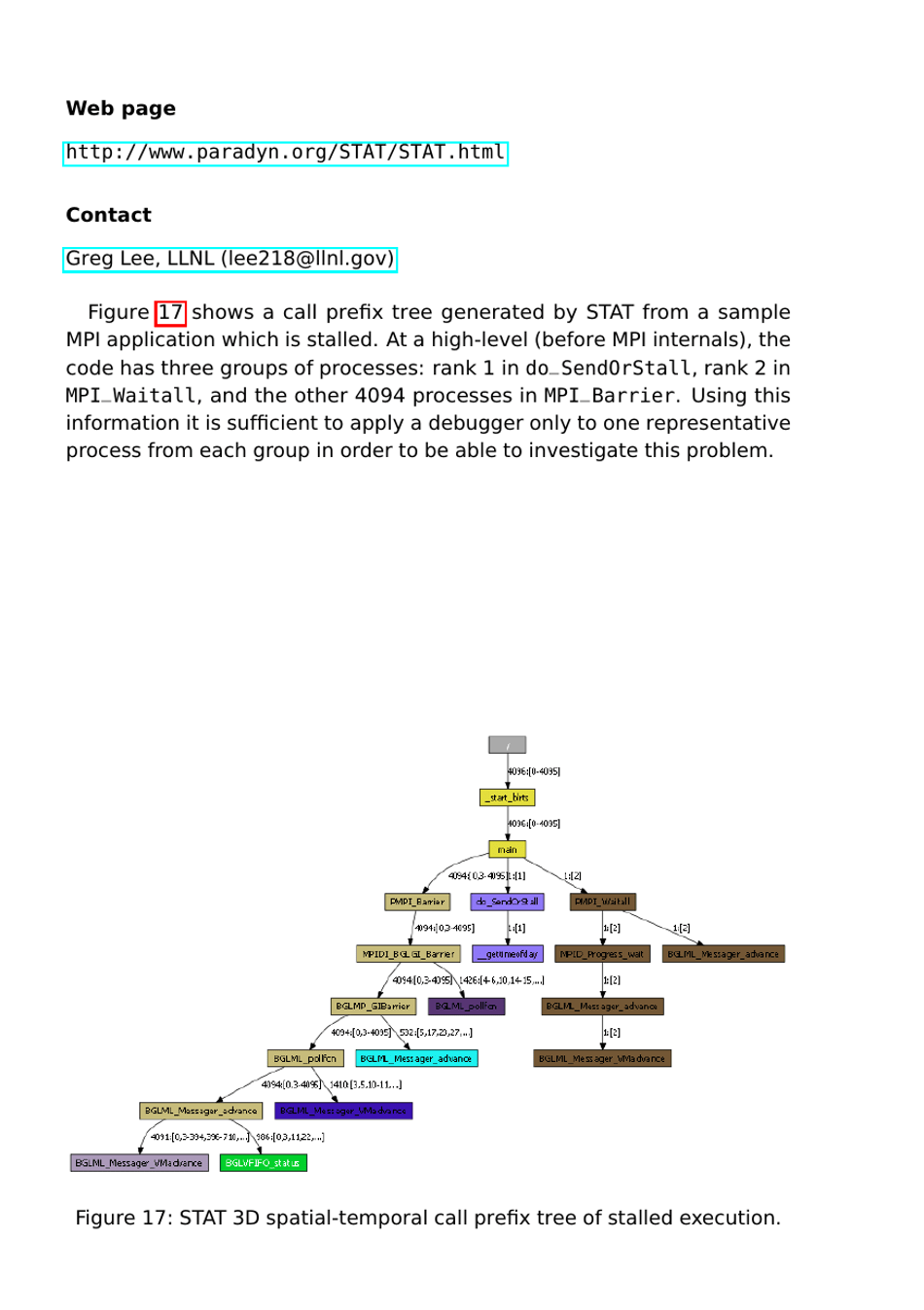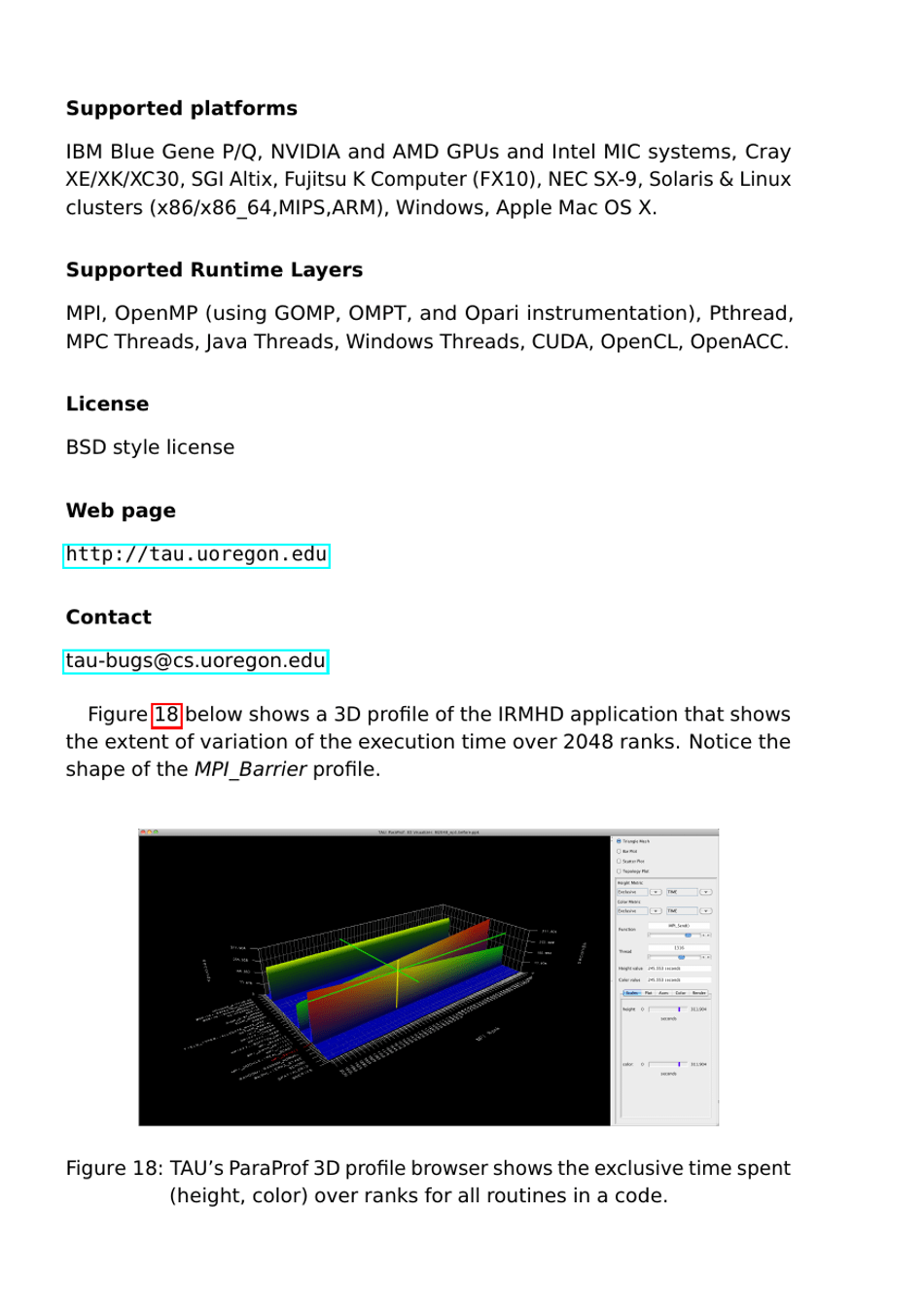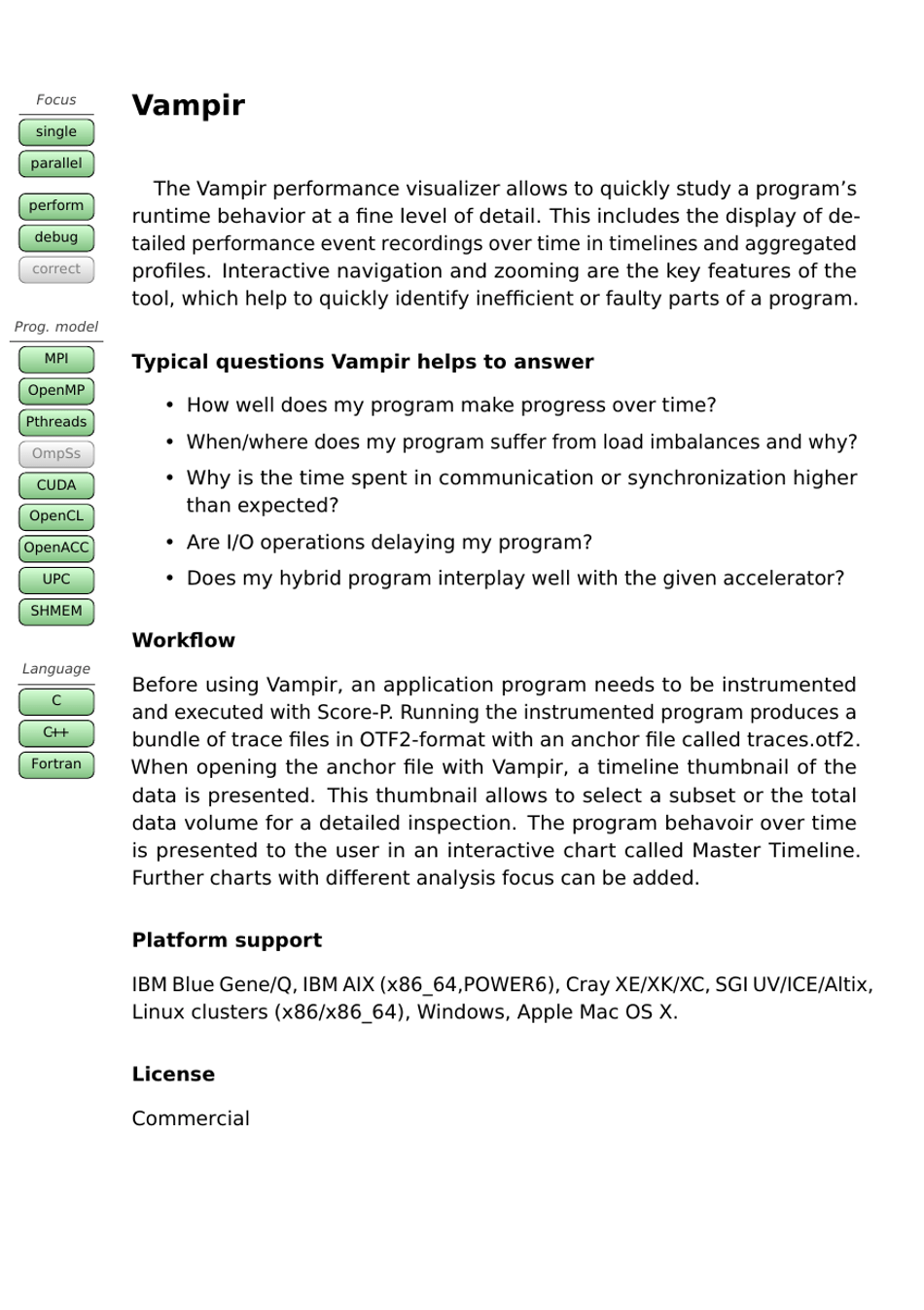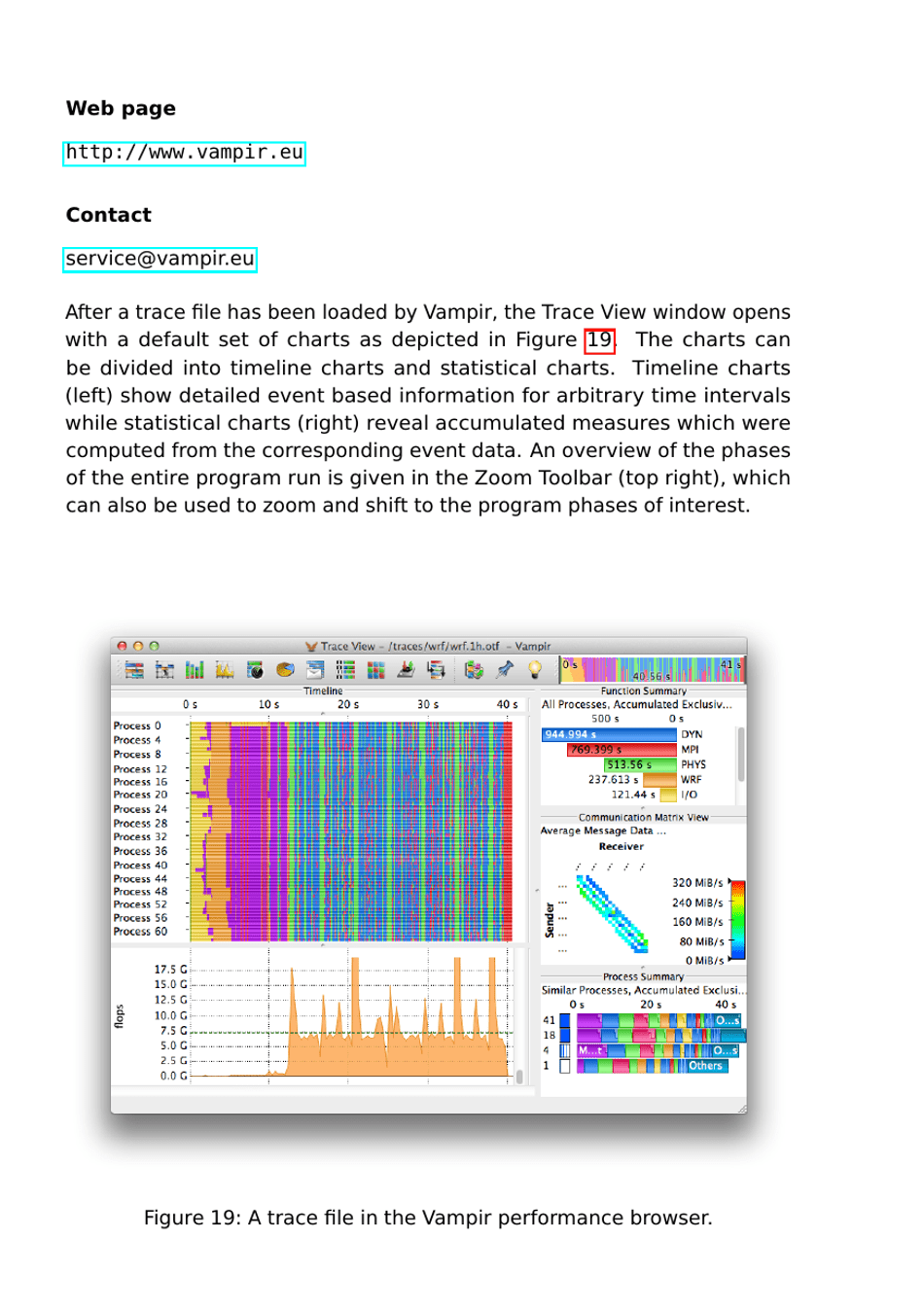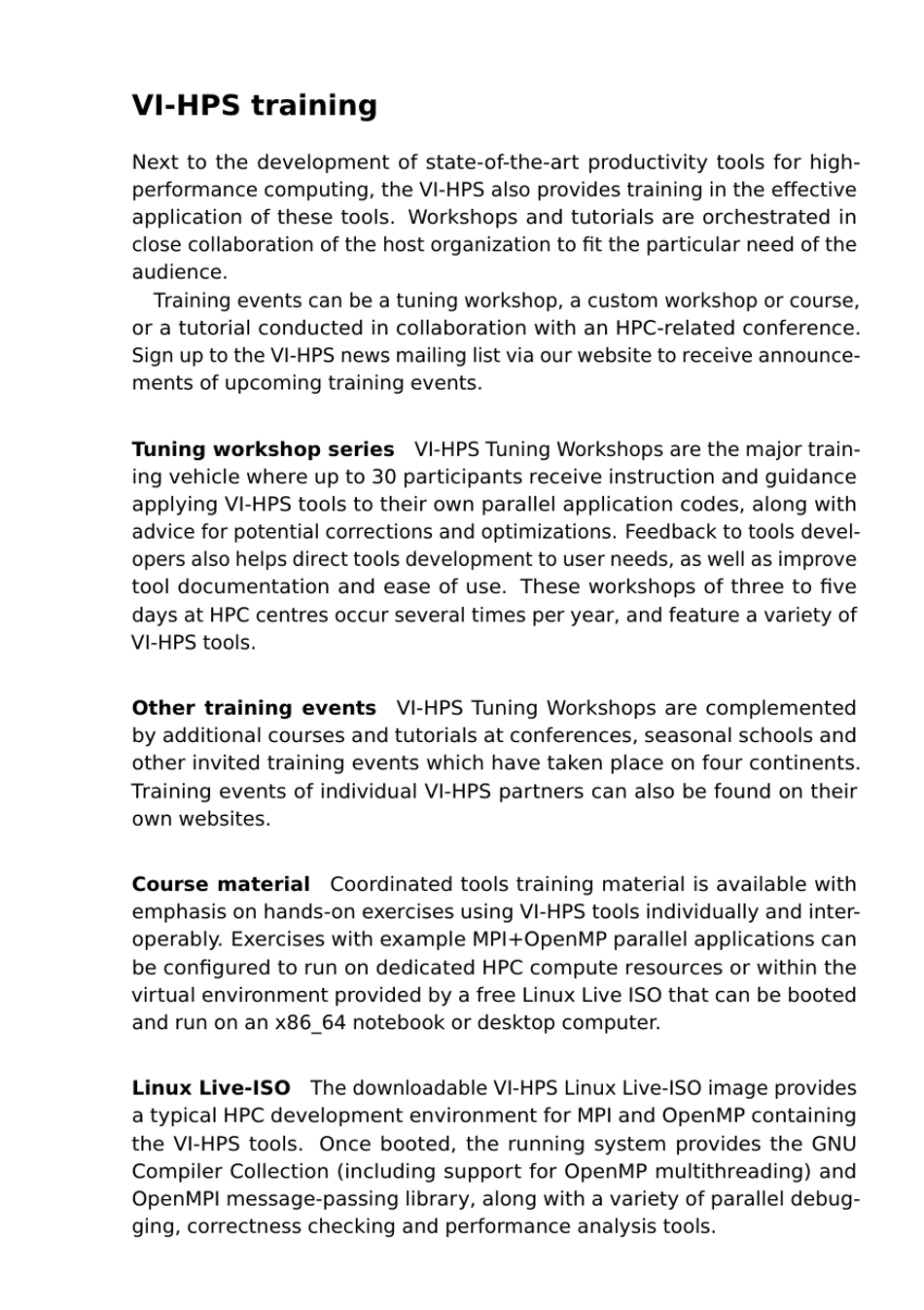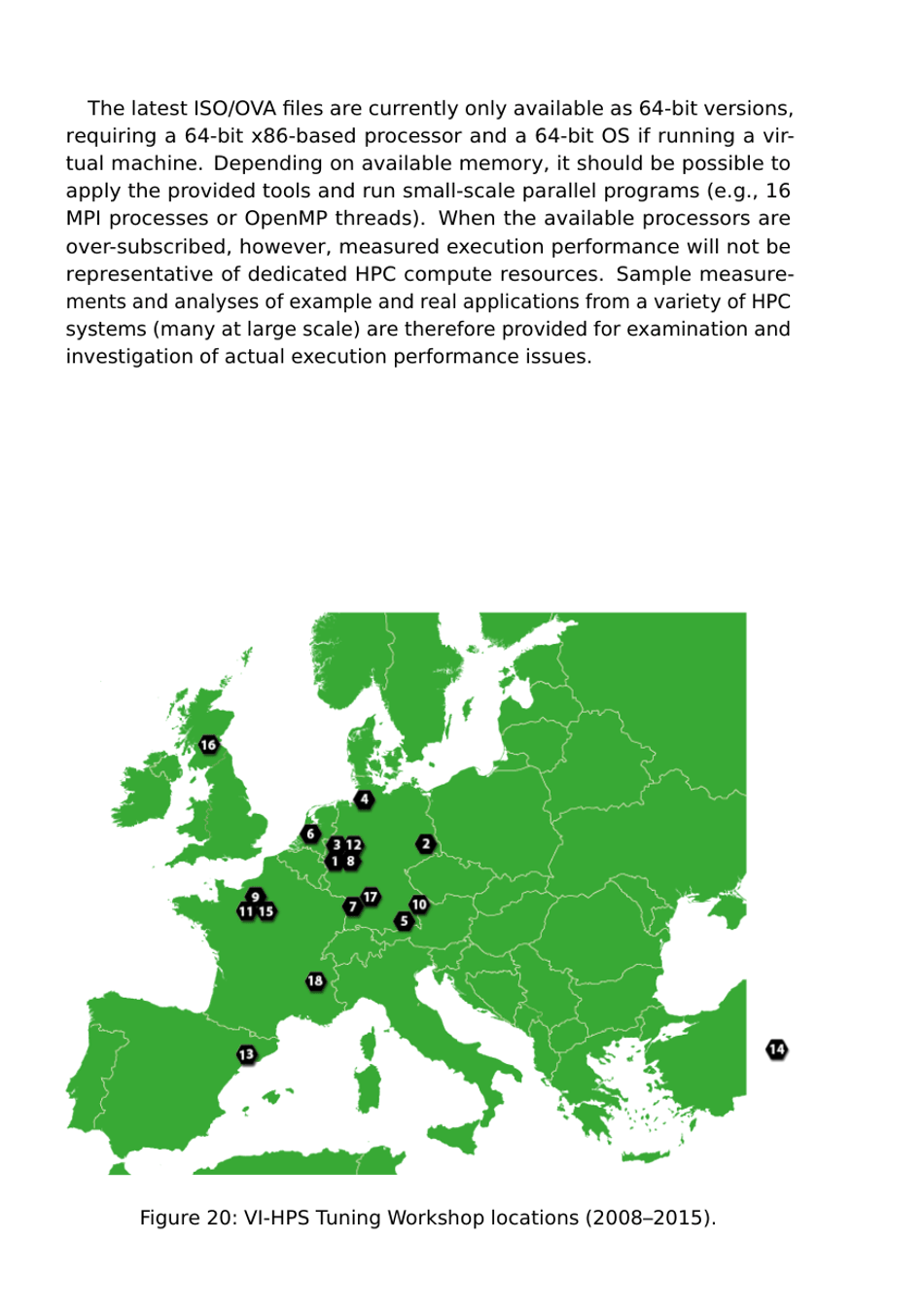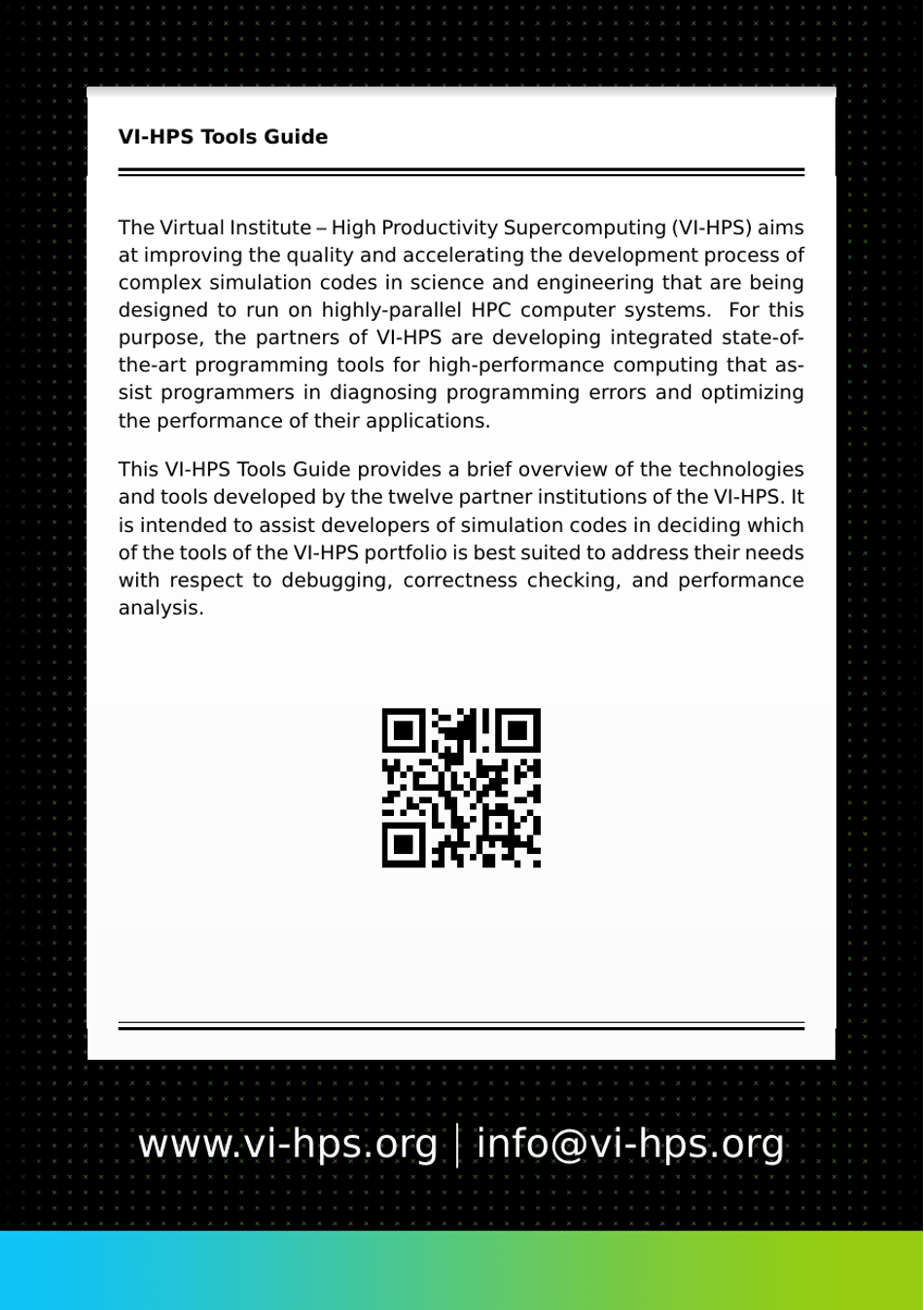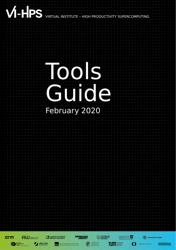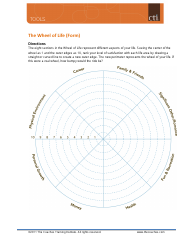This version of the form is not currently in use and is provided for reference only. Download this version of
the document
for the current year.
Tools Guide - Virtual Institute - High Productivity Supercomputing
The Tools Guide - Virtual Institute - High Productivity Supercomputing is a resource to help researchers and scientists utilize high-performance computing tools efficiently for their work. It provides guidance and information on various tools and techniques for high productivity computing.
The Tools Guide - Virtual Institute - High Productivity Supercomputing is filed by the Virtual Institute for High Productivity Supercomputing.
FAQ
Q: What is the Virtual Institute?
A: The Virtual Institute is a resource for high productivity supercomputing.
Q: What is high productivity supercomputing?
A: High productivity supercomputing refers to the use of advanced tools and technologies to maximize the efficiency and effectiveness of supercomputing systems.
Q: What is the goal of the Virtual Institute?
A: The goal of the Virtual Institute is to provide guidance and assistance to researchers and scientists in using high productivity tools for supercomputing.
Q: Who can benefit from the Virtual Institute?
A: Researchers, scientists, and anyone involved in supercomputing can benefit from the resources provided by the Virtual Institute.
Q: Are there any fees associated with using the Virtual Institute?
A: No, the resources provided by the Virtual Institute are generally available for free.
Q: Can the Virtual Institute help me with specific supercomputing projects?
A: Yes, the Virtual Institute offers support and guidance for researchers and scientists working on various supercomputing projects.
Q: What are some examples of high productivity tools for supercomputing?
A: Examples of high productivity tools for supercomputing include programming frameworks, performance analysis tools, and data visualization software.
Q: Is the Virtual Institute only for supercomputing in the United States and Canada?
A: No, the Virtual Institute is open to researchers and scientists from around the world who are interested in high productivity supercomputing.
